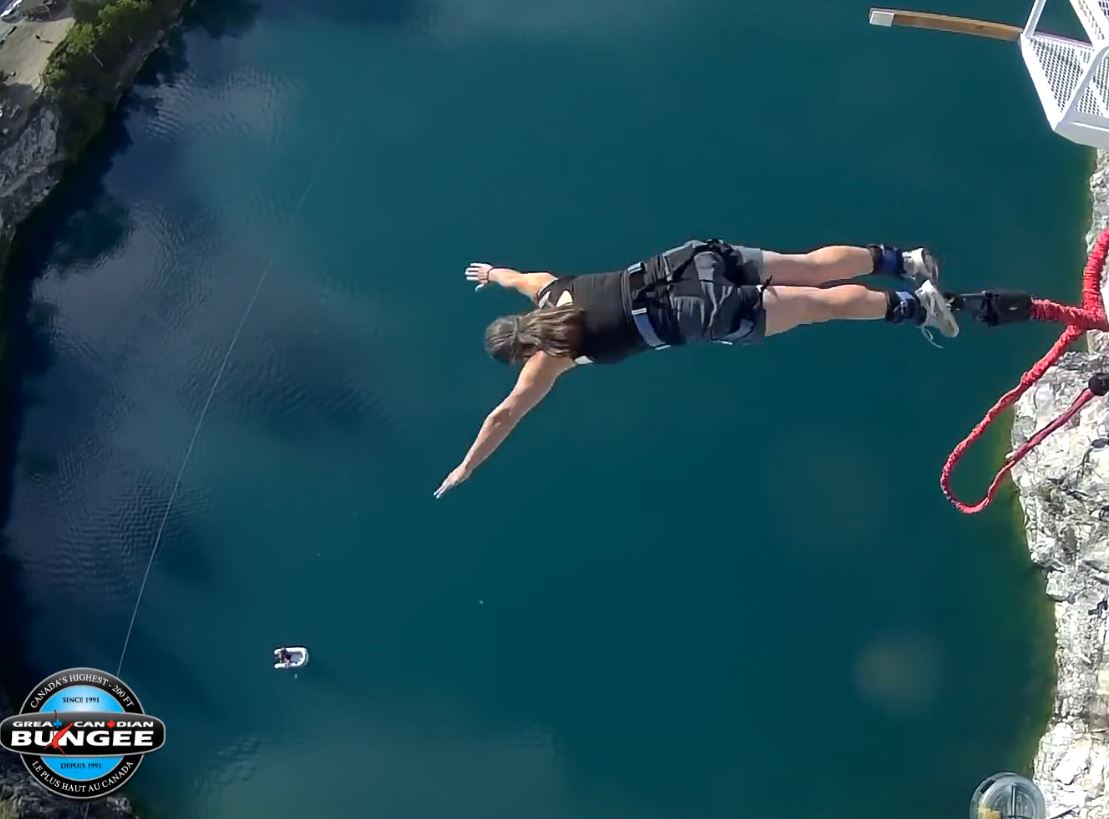Lynn Barwin

Affiliation
Project Manager FEHNCY
Department of Biology
Email: lbarwin@uottawa.ca / fehncy@uottawa.ca
Office phone number: 613-562-5800, ext. 7214
Research interests
- Indigenous health
- Ethnobiology
- Environmental health
- Decolonizing methodologies
- Community-based participatory research
- Food security and traditional food
Biography
Lynn has BSc Biology from Trent University (1995) with a focus on botany and Indigenous uses of plants. While staying at home to raise her family, Lynn studied and then practiced botanical medicine, starting a small local herbal bodycare business. She went back to school to obtain an MA in Geography (2012) from the University of Ottawa, doing research on Indigenous health, after which time she worked as a consultant, using qualitative methods to investigate the social determinants of health for Indigenous people and other marginalized populations, highlighting the value of community and place-based approaches to research. She became the National Coordinator for the First Nations Food, Nutrition, and Environment Study (FNFNES) in 2016, before taking on the project management of its follow-up study, FEHNCY. Working with First Nations communities has taught Lynn the importance of learning and respecting local protocols, and approaching research with respect, enthusiasm, good intention, and a sense of humour.
Research project
Food, Environment, Health, and Nutrition of First Nations Children and Youth Study (FEHNCY)
Publications
Chan, Laurie, Malek Batal, Tonio Sadik, Constantine Tikhonov, Harold Schwartz, Karen Fediuk, Amy Ing, Lesya Marushka, Kathleen Lindhorst, Lynn Barwin, Peter Berti, Kavita Singh and Olivier Receveur. 2019. FNFNES Final Report for Eight
Assembly of First Nations Regions: Draft Comprehensive Technical Report. Assembly of First Nations, University of Ottawa, Université de Montréal.http://www.fnfnes.ca/docs/FNFNES_draft_technical_report_Nov_2__2019.pdf
First Nations Information Governance Centre, Our Data, Our Stories, Our Future: The National Report of the First Nations Regional Early Childhood, Education and Employment Survey, (Ottawa: 2016). Chapter 4: Youth Employment, Culture, and Well-being and Chapter 5: Adult Employment, Culture and Well-being. Lynn Barwin, Eric Crighton, Kathryn Laferriere and Sonia Wesche
Barwin, L., Shawande, M., Crighton, E., Veronis, L. (2015). Methods-in-place: “art voice” as a locally and culturally relevant method to study traditional medicine programs in Manitoulin Island, Ontario. International Journal of Qualitative Methods. 2015:1–11.
Barwin, L. and Shawande, M. (2014). Art Voice as a Culturally Relevant Method to Engage First Nations’ Youth in Health Research 42nd International Algonquian Conference proceedings 2010. Suny Press. Randolph Valentine and Monica Macaulay, eds.
Barwin, L., Shawande, M., Crighton, E., Veronis, L. (2013). Teachings around Self-care and Medicine Gathering in Manitoulin Island, Ontario: Rebuilding Capacity Begins with Youth. Pimatisiwin: a Journal of Aboriginal and Community Health. 11(3):323-344.
Crighton, EJ; Barwin, L; Small, I; Upshur, R. (2010) What have we learned? A review of the literature on children’s health and the environment in the Aral Sea area. International Journal of Public Health, Published online 26 October.